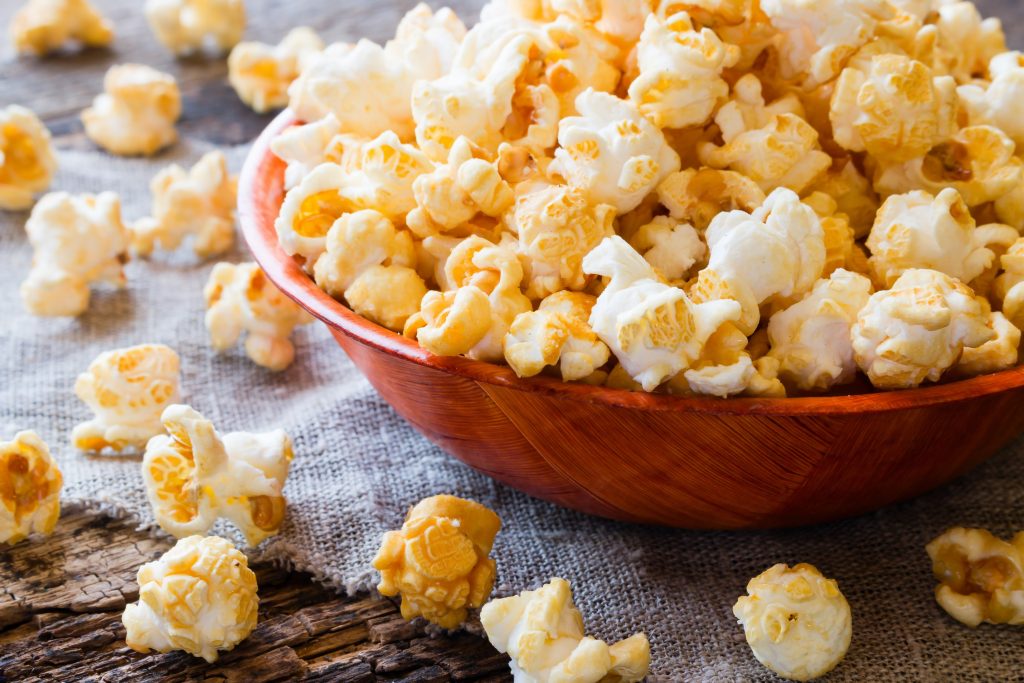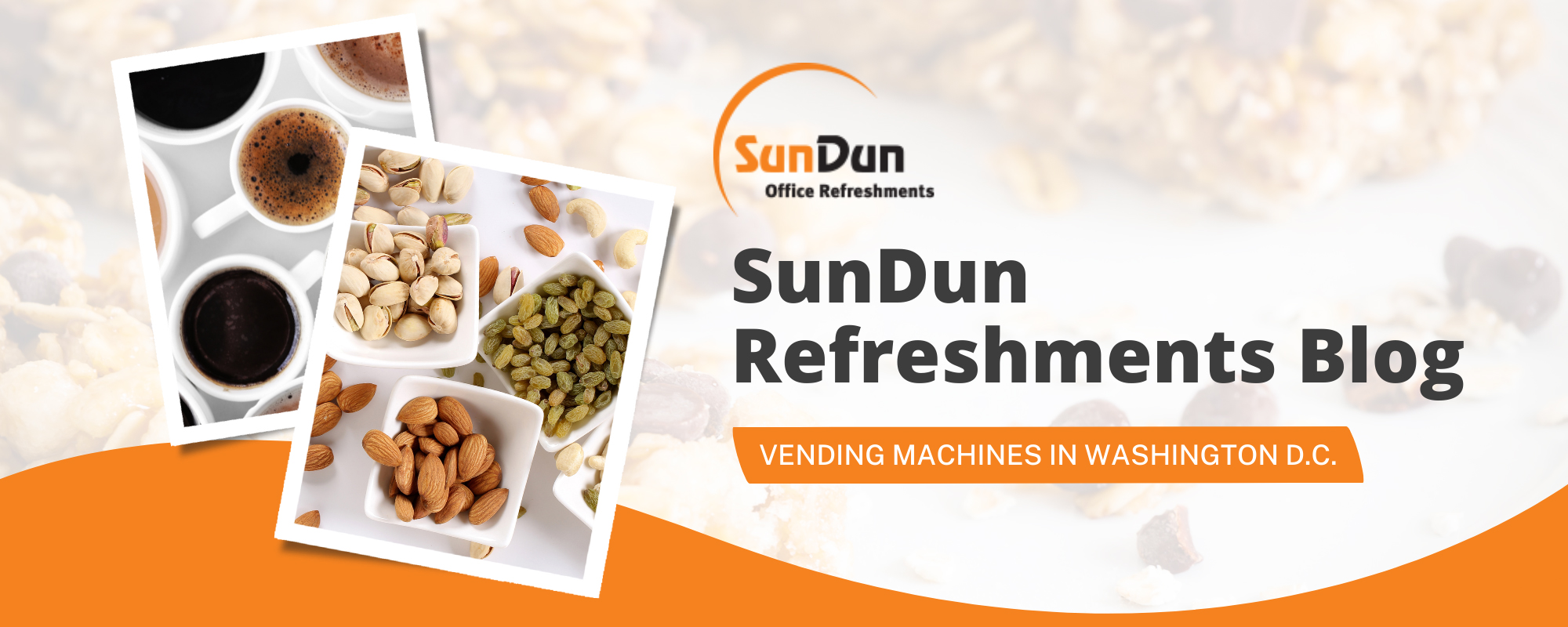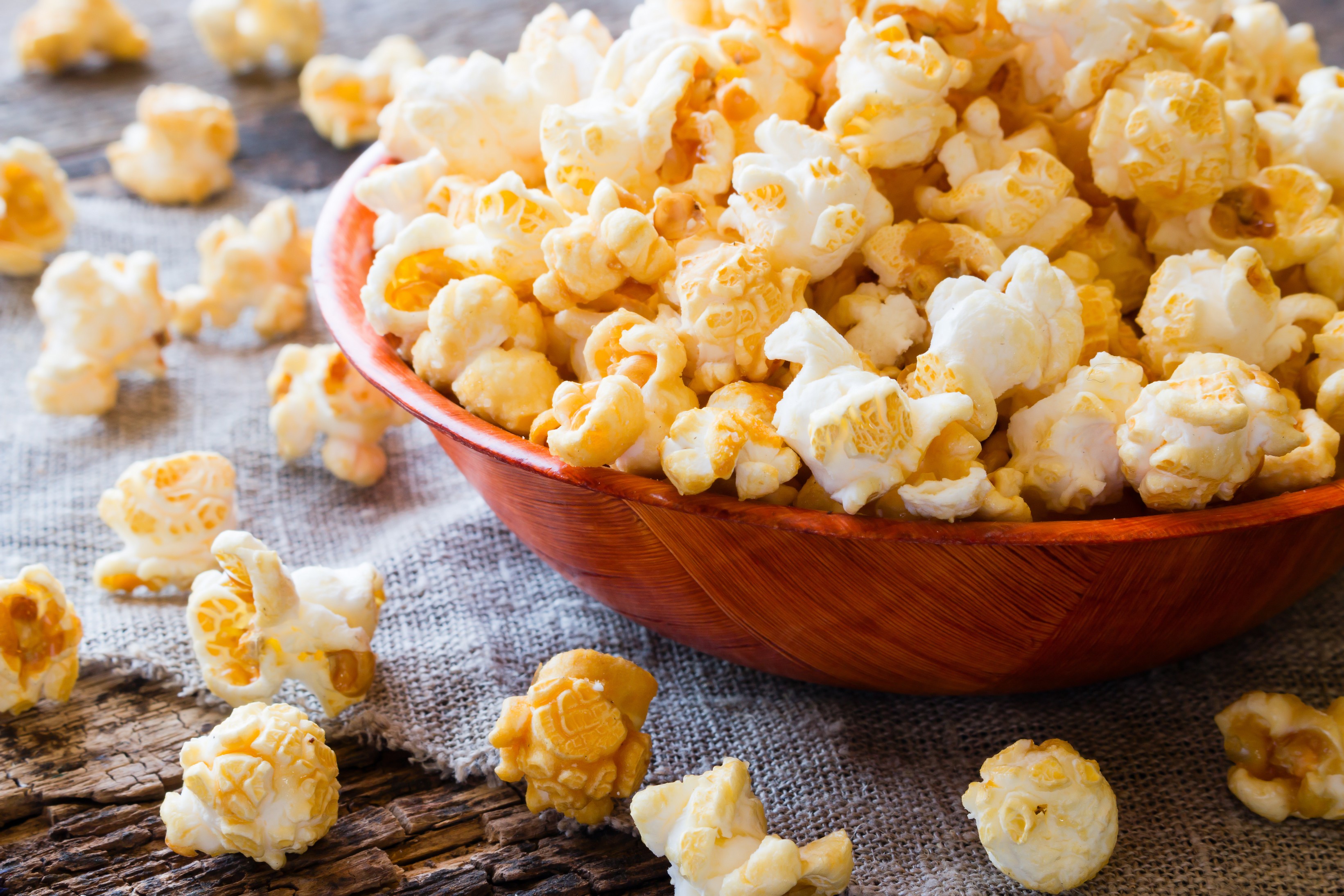
Choices. Whether it’s a conscious decision or not, everyone is faced with multiple choices every day. A University of Nebraska at Kearney (UNK) graduate student helped her fellow classmates and professors by making the choice to snack healthy easier. As part of her thesis, she set out to learn if students and faculty would purchase healthy vending machine options. After taste testing one of the three snacks—licorice, chocolate chip cookies, or chili cheese flavored pop chips—each tester was asked if they would buy the item if it were available in one of the university’s vending machines. The positive outcome led UNK to replace some of the previous vending choices with healthier options.
Regardless of an individual’s age, eating healthy is important. Not only does a healthy diet impact physical health, but it also affects a Rockville, MD individual’s ability to be productive and produce quality work. Easy access to healthy snacks at work makes choosing healthy snacks easier. Unfortunately, access to healthy snacks at work isn’t always simple. To change that, it is important to involve everyone in the process including coworkers and bosses when deciding how to increase the amount and types of nutritious snacks and beverages available.
For example, break room decision makers should understand that Rockville, MD consumers consider the following when choosing a snack:
- quality and type of ingredients
- origin of ingredients
- how a brand contributes to society
- types of flavors and experiences
Popular snacks that fall into at least one of the above categories include beef jerky, popcorn, greek yogurt, roasted seaweed, string cheese, bean chips, vegetable chips, fruit or vegetable crisps, and nuts. And don’t forget to offer individually packaged snacks. It helps snackers with portion control.
 But will offering more healthy choices really have a positive impact? According to recent research in the British Journal of Health Psychology, the answer is yes. As part of the study, participants recorded their food consumption, mood, and behaviors during a 13-day period. Researchers examined how food choices impacted daily experiences and found that the more fruits and vegetables participants consumed, the happier, more engaged, and more creative the participants tended to be. Additionally, a separate review of 30 publications in Perspectives in Public Health found that when there were well thought out and efficiently implemented diet-related interventions in the workplace, productivity increased by 1%-2%.
But will offering more healthy choices really have a positive impact? According to recent research in the British Journal of Health Psychology, the answer is yes. As part of the study, participants recorded their food consumption, mood, and behaviors during a 13-day period. Researchers examined how food choices impacted daily experiences and found that the more fruits and vegetables participants consumed, the happier, more engaged, and more creative the participants tended to be. Additionally, a separate review of 30 publications in Perspectives in Public Health found that when there were well thought out and efficiently implemented diet-related interventions in the workplace, productivity increased by 1%-2%.
If your Rockville, MD organization doesn’t offer snacks or beverages in the office break room or is looking to switch from traditional vending snacks and beverages to healthy ones, we can help. By switching to healthy options, the dilemma of making a healthy choice is removed. For more information about how to make the switch, contact SunDun Office Refreshments at 800.466.2731.
 Skip to content
Skip to content 


